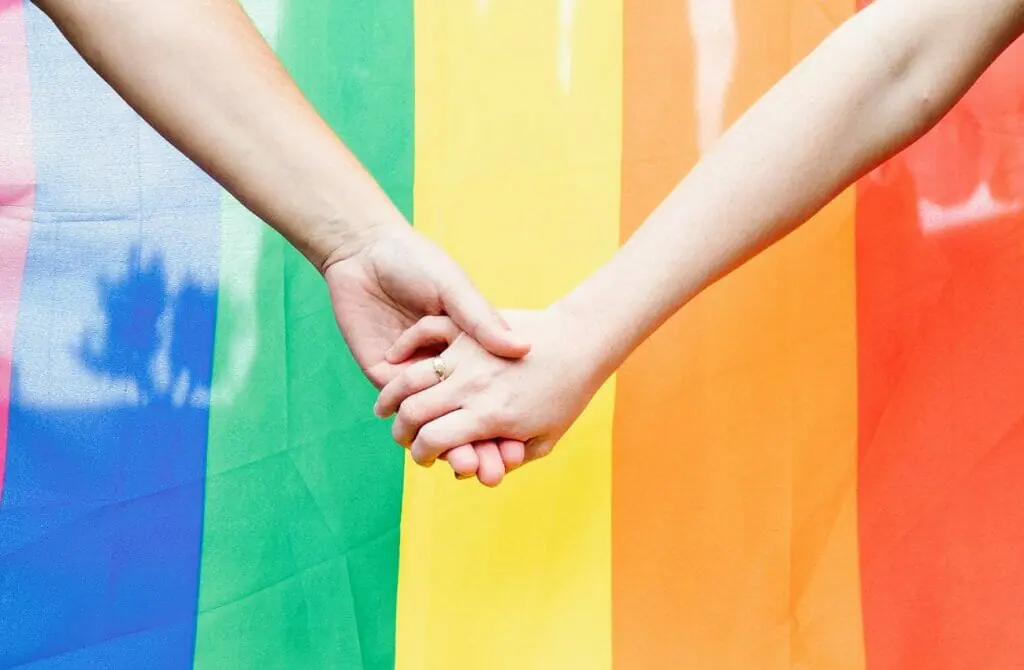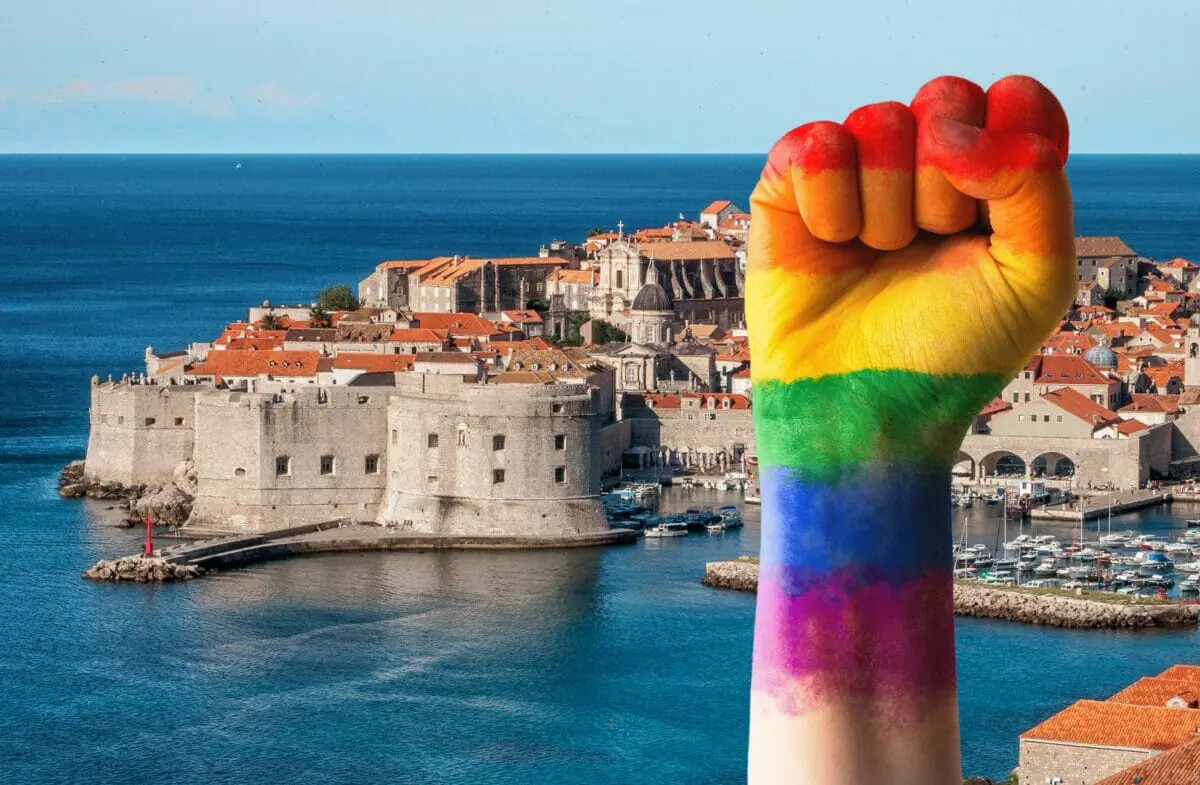LGBT rights in Croatia have seen significant progress in recent years, with expanding legal protections and social acceptance. However, it’s essential to understand the nuances of the local climate, as LGBT people may still face legal challenges and discrimination that non-LGBT residents don’t experience. Tourists visiting the country should be aware of these realities and take necessary precautions to ensure a safe and enjoyable experience.
It’s advised to stay updated on the latest information regarding LGBT rights in Croatia and seek advice from relevant advocacy groups while planning a visit. Some of these groups can provide crucial guidance and help to navigate the local environment better. Being cautious and vigilant is key, as situations can change rapidly, and the presence of bad actors cannot be ruled out in any country.
As a traveler exploring beautiful Croatia, steps to protect oneself can include staying informed about local laws and sentiments, connecting with local LGBT communities and allies, and being mindful of one’s surroundings. By arming oneself with accurate, up-to-date information and support networks, LGBT travelers can safely enjoy the vibrant culture and stunning landscapes Croatia offers.
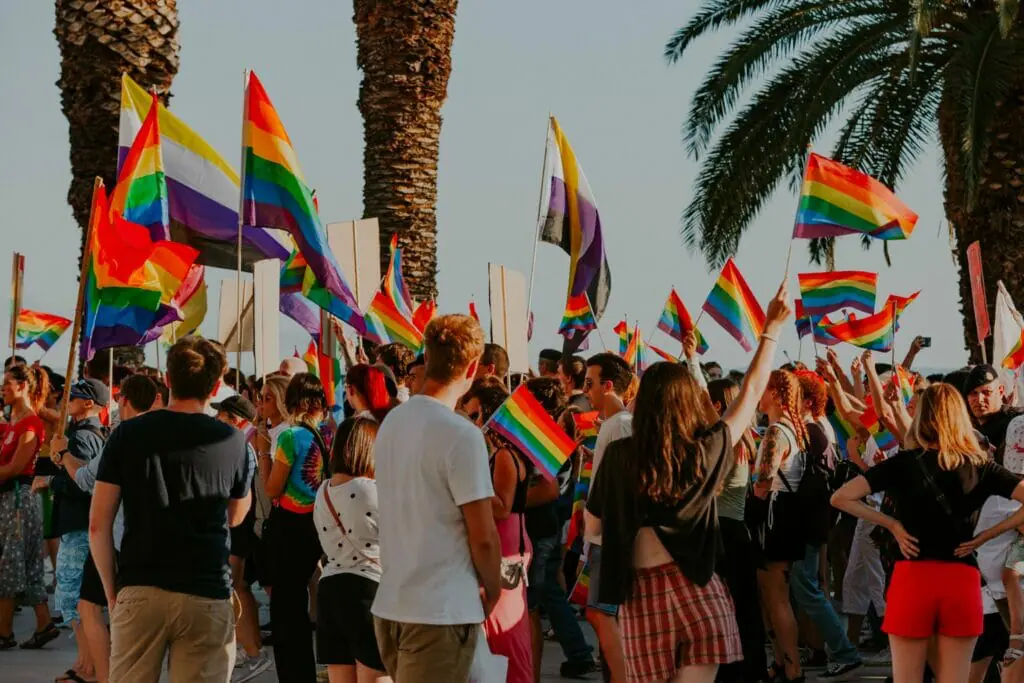
History Of LGBT Rights In Croatia
The history of LGBT rights in Croatia has experienced significant changes over the past few decades. During the period when Croatia was part of the Socialist Federal Republic of Yugoslavia, male homosexual acts were made illegal and punishable with up to two years of prison. However, after gaining independence, Croatia began to shift its stance on LGBT rights.
In 2003, homosexuality was decriminalized, and anti-discrimination laws were implemented to provide protection to the LGBT community. These laws included protection against discrimination on the grounds of both sexual orientation and gender identity in various aspects of life, such as employment and housing.
Civil unions were introduced in Croatia in 2014, granting same-sex couples some rights similar to those of married heterosexual couples. Despite this progress, in 2013, a referendum defined marriage as a union between a man and a woman, effectively banning gay marriage.
While local LGBT individuals in Croatia have experienced gradual improvements in their rights, tourists should be aware that the situation may not be the same everywhere. It’s essential to remain vigilant, as bad actors exist in all countries, and situations can change quickly. Always seek current advice before traveling and be cautious in unfamiliar surroundings.
Several organizations are dedicated to advocating for LGBT rights in Croatia. These groups raise awareness about LGBT issues and take steps to ensure that both residents and tourists are protected from discrimination and harassment. By staying informed and connected with these organizations, travelers can better protect themselves and stay updated on the latest changes in the country’s stance on LGBT rights.
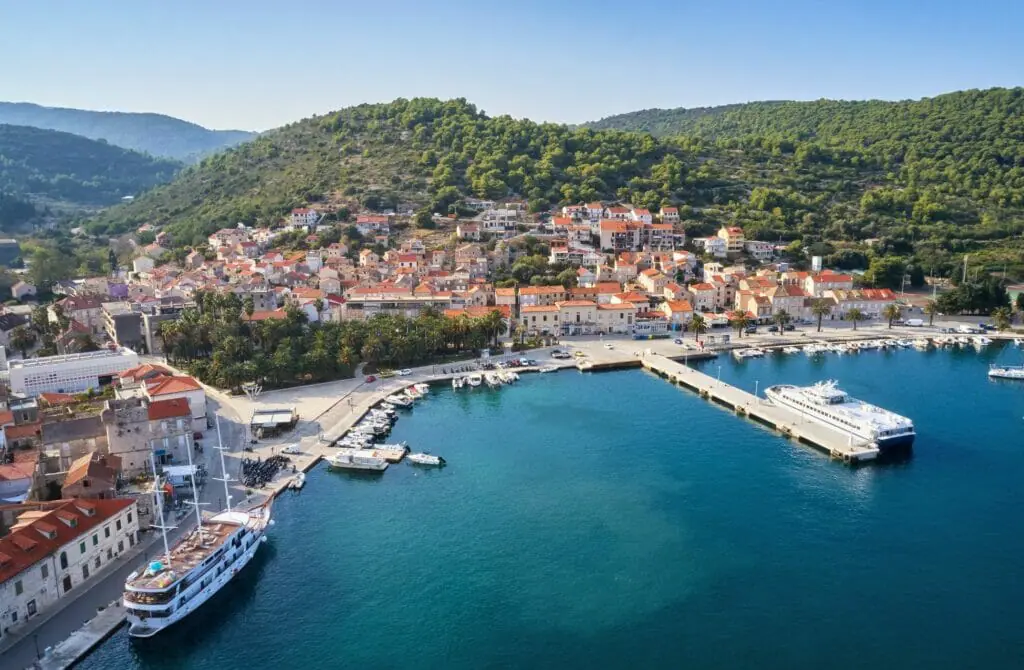
The LGBT Legal Situation In Croatia
Croatia has made significant progress in recent years with regard to LGBT rights. Sexual orientation, gender identity, and gender expression are all protected from discrimination, and homosexuality is legal. Despite these advancements, the majority of the Croatian population remains strongly influenced by the conservative views of the dominant Catholic Church, which can sometimes be perceived as discriminatory toward LGBTI communities.
For local residents, legal progress includes the availability of civil unions for same-sex couples, as well as the ability to change one’s gender legally without the requirement of surgery. On the other hand, non-binary gender recognition is not legally recognized in the country. When it comes to the rights of tourists, they can generally expect similar treatment as local people under Croatian law.
That being said, it’s essential for both local people and tourists to remain aware of the current legal situation, as it can change rapidly, and information can be outdated. Always seek the most up-to-date advice before making decisions or traveling. Furthermore, be mindful of the fact that there are always bad actors in every country, so remaining vigilant and cautious is essential.
In case of any issues or the need for support, there are several LGBT advocacy groups in Croatia that can provide assistance or guidance. Some of these include the Zagreb Pride organization, the Rainbow Families Association, and Centre for Civil Courage.
Remember, the situation for LGBT rights in Croatia can change, and although advancements have been made, always exercise caution and stay informed. Seek current advice before traveling, and engage with local LGBT advocacy groups if necessary. Stay excited about the progress, but also be conscious of the potential risks present in any situation.
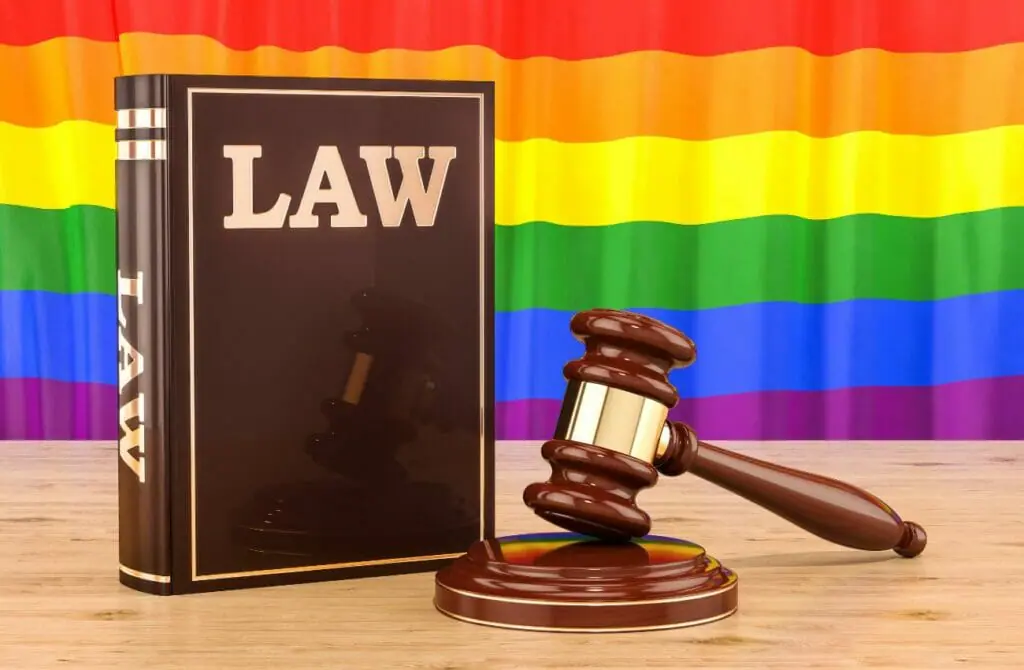

The LGBT Social Situation In Croatia
As of now, Croatia has made significant progress in ensuring LGBT rights for its residents. Legal recognition of same-sex unions as family unions, the right to apply for foster care, and expanding access to IVF treatments are some of the significant changes that have taken place in recent years. However, there still remain legal challenges that LGBT people face, including that same-sex marriage is not yet officially recognized.
Despite the legal advances, the social situation for LGBT individuals can vary, as is the case in many countries. Although homosexuality is legal, and discrimination based on sexual orientation and gender identity is illegal in various aspects, such as housing and employment, public opinion remains divided. For instance, a 2015 Eurobarometer report concluded that only 48% of people in Croatia believe that gay, lesbian, and bisexual individuals should have the same rights as heterosexuals.
Tourists visiting Croatia may find popular destinations such as Zagreb and Dubrovnik more accepting. However, always remain vigilant and exercise caution, particularly in less urban areas, as public opinion varies considerably. As situations may change rapidly, it’s essential to stay informed and seek up-to-date advice before traveling to ensure a positive experience.
In Croatia, there are LGBT advocacy groups such as the Zagreb Pride organization that are actively working towards creating a more inclusive and equal environment. Staying connected to such groups can be beneficial for tourists and locals alike, as they ensure that you are aware of any changes in the social or legal landscape.
In conclusion, while Croatia has made tremendous improvements in LGBT rights in recent years, it’s vital to remain cautious and informed. The social situation is continuously evolving, and it’s essential to keep up to date and connect with advocacy groups and support networks to have a safe and enjoyable experience.
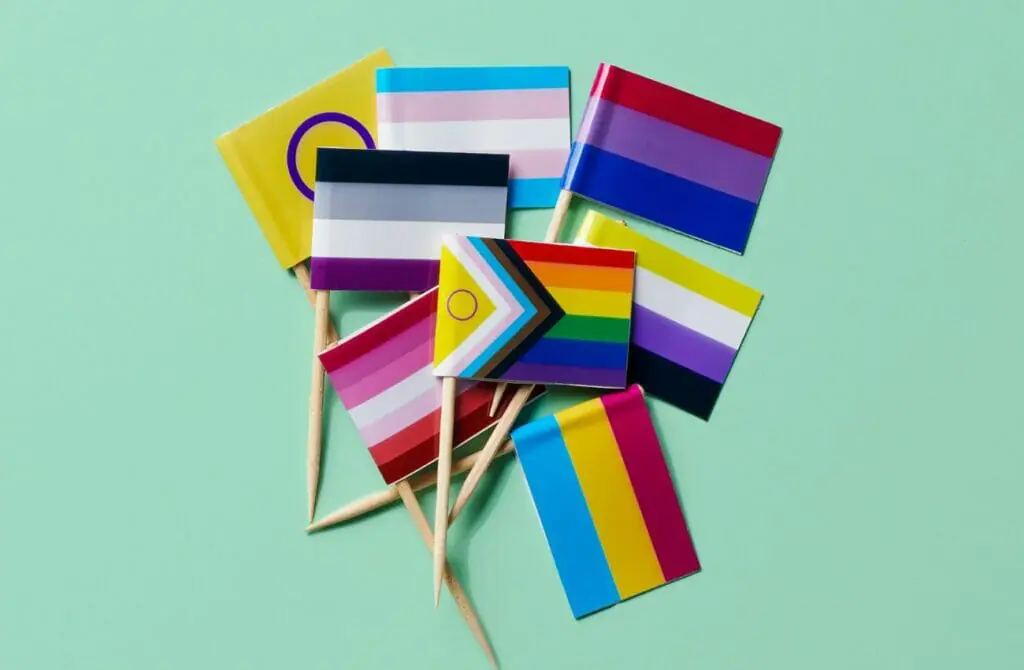
Trans Rights In Croatia
In recent years, Croatia has made significant progress in recognizing and advancing LGBT rights. However, transgender individuals still face challenges and discrimination that need to be addressed.
Transgender people in Croatia experience barriers to accessing gender-affirming medical care, which can greatly impact their health and well-being. While the legal process for gender recognition is in place, it requires a lengthy and bureaucratic process, which can be daunting for those seeking to affirm their gender identity.
However, local advocacy groups, such as Trans Aid Croatia, work tirelessly to support transgender individuals, providing resources, organizing events, and raising awareness about trans issues. If you’re planning a visit to Croatia and identify as transgender, it’s a good idea to connect with these organizations for updates on the legal framework and practical recommendations.
Tourists should be aware that attitudes towards transgender individuals can vary widely across the country. In urban areas such as Zagreb and Split, you may find more openness and progressive attitudes, while smaller towns and rural areas may be less accepting. Staying vigilant and connecting with the local LGBT community can help you navigate any potential challenges during your travels.
Keep in mind that situations can change rapidly, and available information may become outdated. Therefore, always seek current advice before traveling and remain cautious. Connect with local and international LGBT advocacy groups such as Zagreb Pride and ILGA Europe to stay informed and to better protect yourself if necessary.
Overall, being aware of the local context, engaging with local advocacy groups, and remaining vigilant will help ensure a safer and more enjoyable experience for transgender individuals visiting Croatia. Stay excited, but remember that it’s essential to stay informed and cautious in any country and situation.
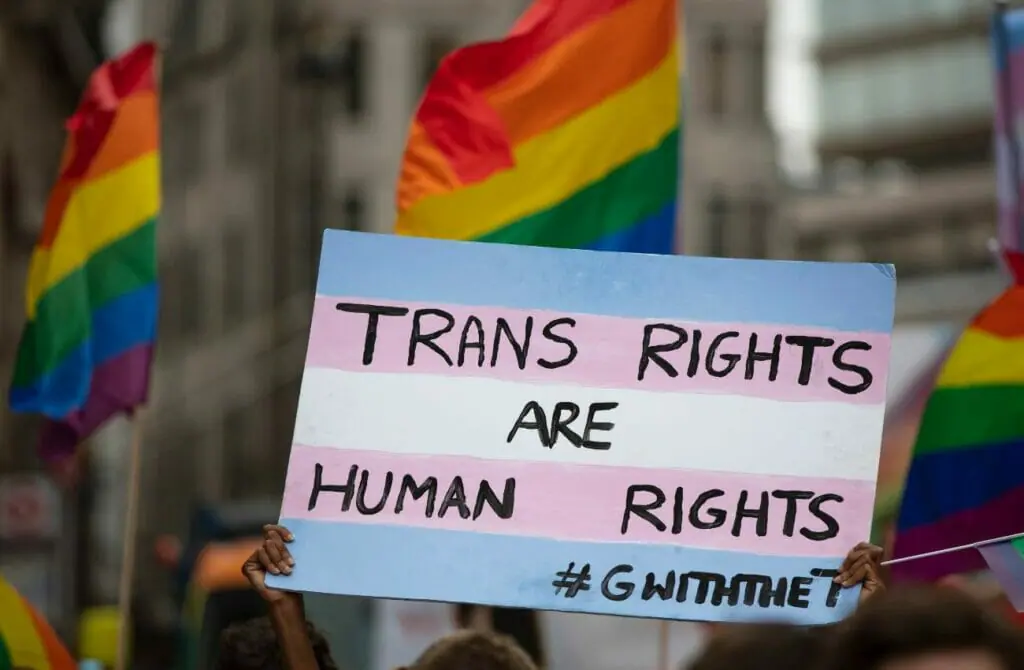

The Future For The Queer Community In Croatia
As Croatia continues to progress and become more inclusive, the future for LGBT rights in the country looks promising. Recent expansions of LGBTQIA+ rights have improved the lives of both locals and tourists, but there remains room for growth to ensure full equality and acceptance.
For local LGBT individuals, the introduction of multiple bills in 2023 aimed to address issues such as same-sex unions, adoption rights, and easier legal gender changes, which will, if passed, significantly impact their daily lives. Tourists in the country can expect a relatively safe experience, though incidents might still occur. Croatia ranks #73 of 124 regions in the perception of being a “good place” for gay and lesbian individuals as of 2023.
To protect oneself as an LGBT traveler to Croatia, it is advised to remain vigilant and cautious. Always be aware of the possibility that situations can change rapidly and information could be outdated. Staying updated on current advice and consulting with LGBT advocacy groups or local associations can be helpful when planning a trip. Some credible groups include the Friedrich Naumann Foundation, which actively works on LGBT rights in Croatia, and other local organizations that focus on the improvement of the LGBTQIA+ community.
While the overall situation in Croatia is on a positive trajectory for LGBT rights, it is essential for travelers to stay aware of their surroundings and mindful of their actions. By doing so, they can take part in and feel excited about the continued progress of the country and its embracing of a more diverse and inclusive future.
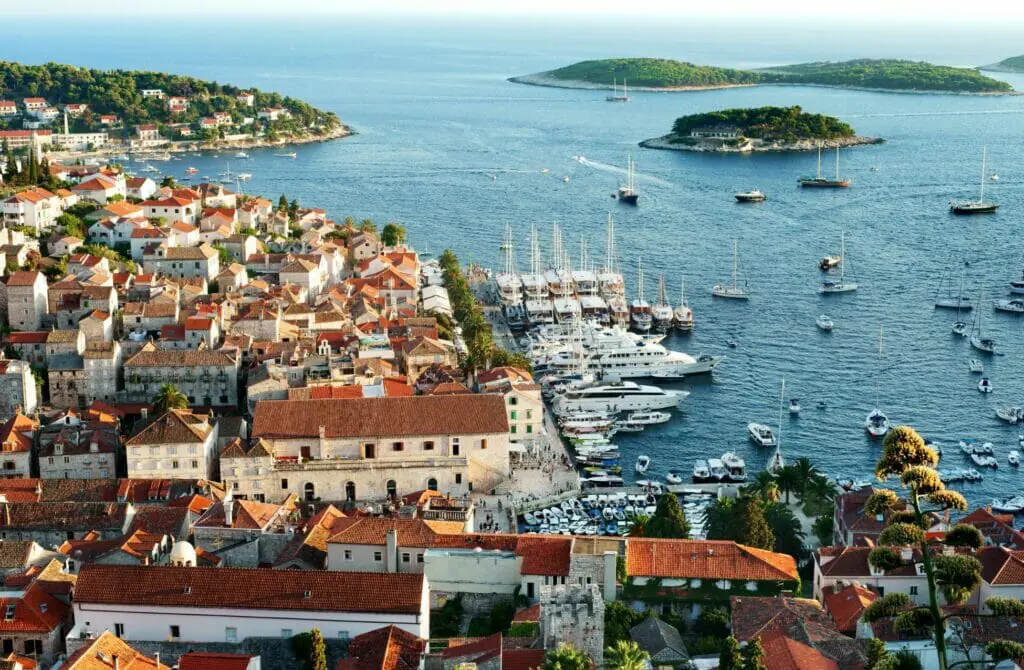
Protect Yourself While Travelling In Gay Croatia
As you explore the beautiful country of Croatia, it’s essential to be aware of the local context regarding LGBT rights and take the necessary steps to ensure your safety. While Croatia has made significant progress in the area of LGBT rights, the situation varies depending on the location and individual views. For local LGBT individuals, progress made in recent years has led to legal recognition of same-sex relationships, protection from discrimination, and more inclusive laws. However, for tourists, it’s essential to exercise caution and remain vigilant as not everyone may be as open-minded.
To protect yourself and have an enjoyable trip, here are a few steps you can take:
- Educate yourself about the local customs and general attitudes towards the LGBT community in the area you’re traveling to. This will help you gauge the kind of behavior that might be accepted or frowned upon.
Connect with local LGBT advocacy groups and organizations to gather the latest information on safety, events, and support services. Some notable groups include Kontra, Iskorak, and Zagreb Pride, among others.
Be cautious with public displays of affection, as attitudes towards the LGBT community may vary among the locals. Avoid engaging in any behavior that might draw unwanted attention or confrontations.
Stay updated on the latest developments in LGBT rights in Croatia, as the situation can change quickly. Be sure to seek current advice and information before traveling to ensure you’re aware of any changes in legal protections or social attitudes.
Remember, while Croatia has made significant strides in advancing LGBT rights and is generally considered safe for LGBT individuals, it’s crucial to exercise caution, as there are always bad actors in every country. By staying informed, connected with local advocacy groups, and exercising vigilance, you can safely explore and experience Croatia’s diverse and vibrant culture.
